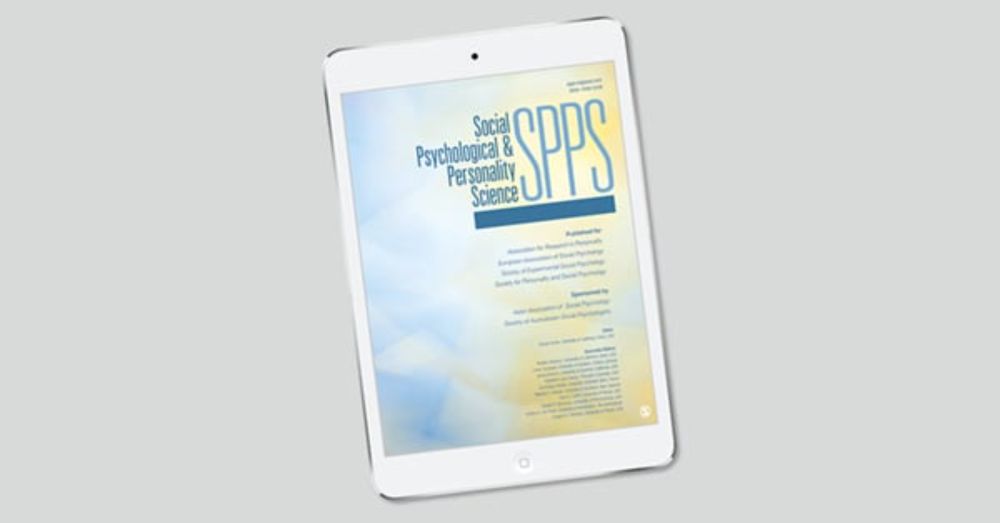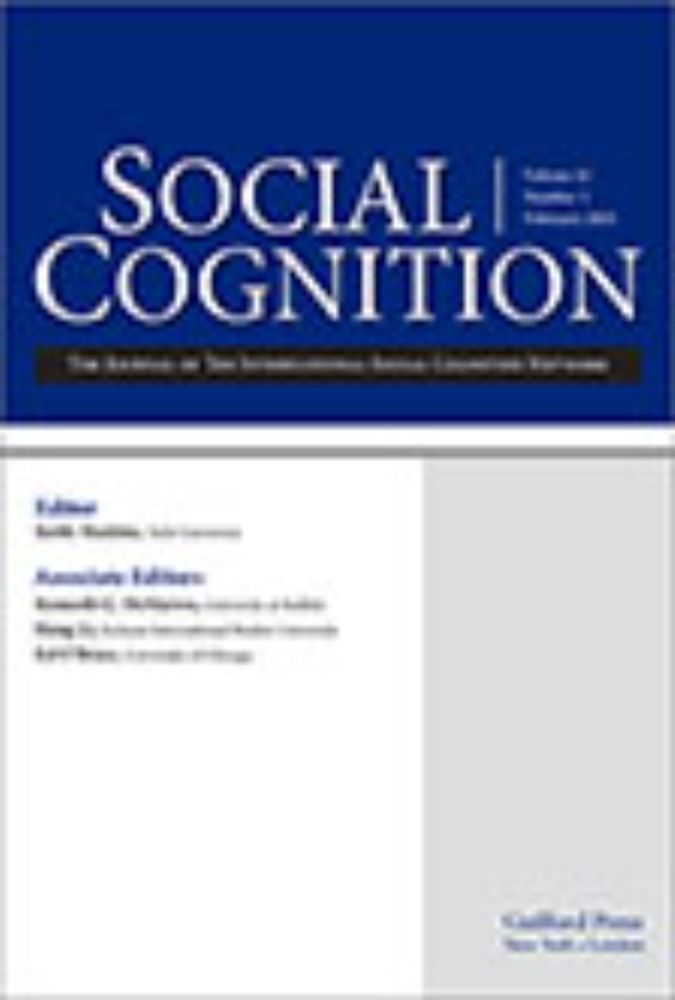Preprint: osf.io/preprints/ps...
Preprint: osf.io/preprints/ps...

Full Paper: doi.org/10.1177/1948...

Full Paper: doi.org/10.1177/1948...
Full paper here: doi.org/10.1521/soco...

Full paper here: doi.org/10.1521/soco...
Read more in Personality and Social Psychology Bulletin: ow.ly/cF6Y50V0eqo


